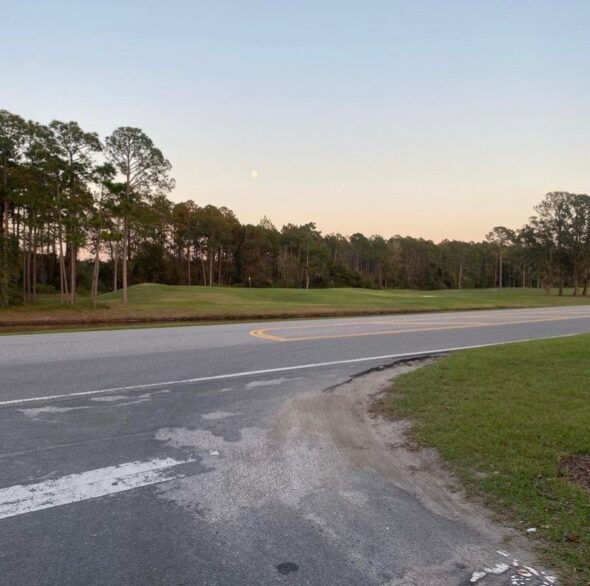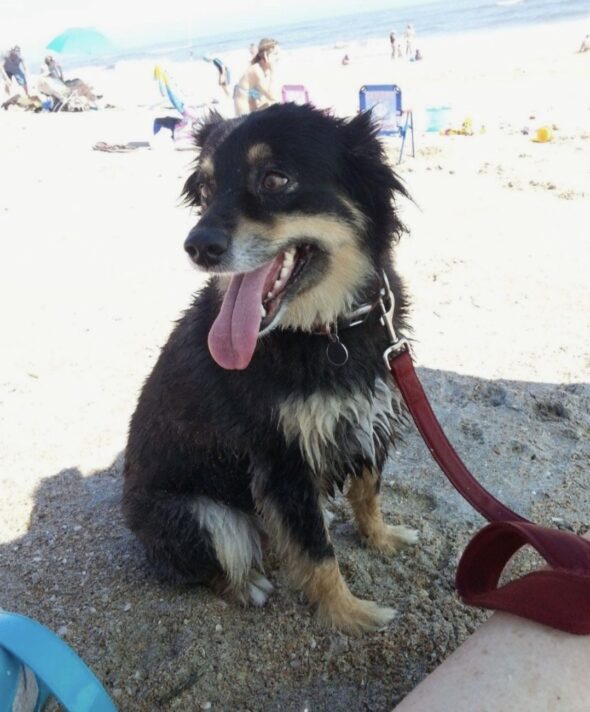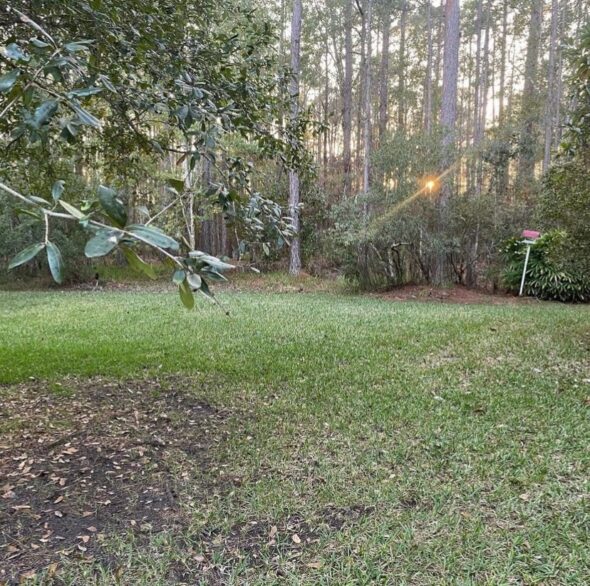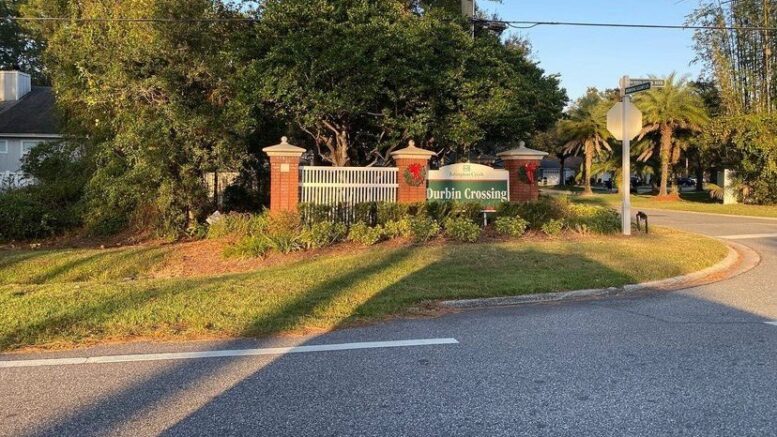By Megan Churchill
Environmental issues due to human impact on the Earth are growing in number and severity; pollution, deforestation, and extreme weather due to climate change, threaten the life and livelihood of people around the globe. In St. Johns County – one of the fastest growing counties in the U.S. – these impacts are increasingly felt. This series will take a look at places in St. Johns County that are being affected by environmental issues and consider why that matters.
Deforestation has immediate impacts; taking away the treetop homes of birds and the wooded dens of coyotes, the effects of deforestation on wildlife is instantaneous. Immediately infringing on the habitat of wild animals, deforestation causes them to change their behavior, forcing them both to occupy new habitat and prey on different animals.
In St. Johns county the impact of this is far reaching. The county has had a 40% decrease in tree cover since the year 2,000, according to Global Forest Watch. This comes with the rapid increase in development of the county. The St Johns County Government website states, “Economic development is the number one priority” for the board of County Commissioners.
Linda Savoca, a St. Johns County resident has had her life changed indirectly from the impacts of the deforestation occurring here; In November of 2022 her 14-year-old mini Aussie named Sadie, was killed after being attacked by a coyote in her backyard.

Savoca is a resident of Julington Creek, a neighborhood south of downtown Jacksonville near Fruit Cove. She’s lived there for 20 years and never had an issue with coyotes before, but now they’re commonly sighted in her neighborhood. Savoca said her neighbor’s trail cam has footage of a pack of 8 coyotes now frequently sighted in the area.
Savoca described the neighborhood area near her home as having roughly 3 acres of preserve land, land that is undeveloped, and she said this is where the coyotes make their homes.

She said the broader area surrounding Julington Creek was not developed when she moved there two decades ago.
“They have built all the way down RaceTrack Road to Phillips Highway, and that was all woods, wooded land where the coyotes could’ve lived.” She said the development of this land has impacted more than the coyotes.
“I see no more bunnies, I don’t see opossums, I don’t see raccoons, I don’t see deer – all these things that used to thrive in the preserve have been eaten already, so what do they [coyotes] do? They go after domestic animals now.”
It makes sense that coyotes are taking refuge in the preserve land of this neighborhood because their homes have been destroyed, but that doesn’t take away from Savoca’s loss.
“I had her [Sadie] for 14 years – since a puppy – and she was you know, really she wasn’t an old dog, she was still like running around and playing and you know, enjoying her life.”

Savoca said recently another dog was attacked in the neighborhood, but the owner interrupted the attack, and she had heard the dog survived. It’s become common knowledge in the neighborhood to keep a close watch on your dogs or not let them alone in the backyard at all.
Savoca talked about possible solutions to the problem. She’s made sure her neighbors are aware of the threat of coyotes.
“I’ve spread the word; I called The Sheriff’s Department, I called Wildlife Control”.
When she called The Sheriff Department she was told she could shoot the coyotes that enter her yard.
“The sheriff said, ‘Well if you see a coyote in your yard you can shoot it’, I’m like…yeah sure, I’ll do that. Like no, I don’t shoot animals, even wild ones.”

Savoca said a solution is hard to find. She said relocation isn’t really an option. “I don’t know what the solution is, but I know they’re not gonna stop building because coyotes are eating dogs”
Handling the repercussions of development and deforestation is a big task.
According to Melanie Stage, the founder of HAWKE (Humane Association of Wildlife Care and Education) they have recently experienced an upsurge in the number of birds needing care. “[The] biggest threat is lack of habitat” She said one example of this is, “ people destroying trees and underbrush in their yards”.
Stage said HAWKE can always use donations, and she said receiving donations of fruits and vegetables which they feed the animals they’re rehabilitating is also helpful.
She said in general a goal of theirs is to, “start getting people thinking about the future of wildlife rehabilitation in Northeast Florida.”
HAWKE is a non profit organization located in Elkton Florida. Donations can be sent to HAWKE P.O. BOX 188 Elkton, Fl 32033.




Be the first to comment on "Deforestation in St. Johns County – How Lives are Impacted"